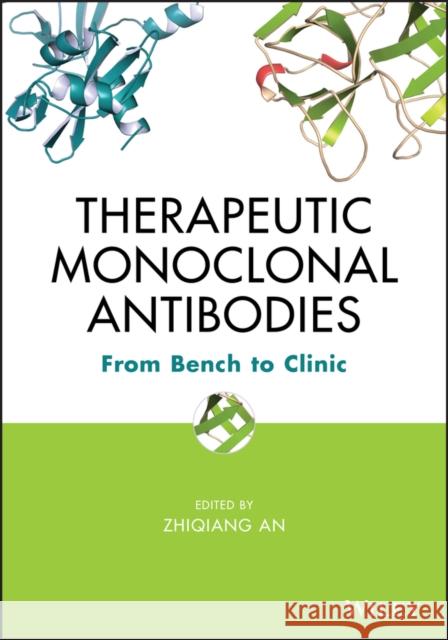Therapeutic Monoclonal Antibodies: From Bench to Clinic » książka
topmenu
Therapeutic Monoclonal Antibodies: From Bench to Clinic
ISBN-13: 9780470117910 / Angielski / Twarda / 2009 / 896 str.
- 70-chapter authoritative reference that covers therapeutic monoclonal antibody discovery, development, and clinical applications while incorporating principles, experimental data, and methodologies.
- First book to address the discovery and development of antibody therapeutics in their entirety.
- Most chapters contain experimental data to illustrate the principles described in them.
- Authors provide detailed methodologies that readers can take away with them and use in their own laboratories.











